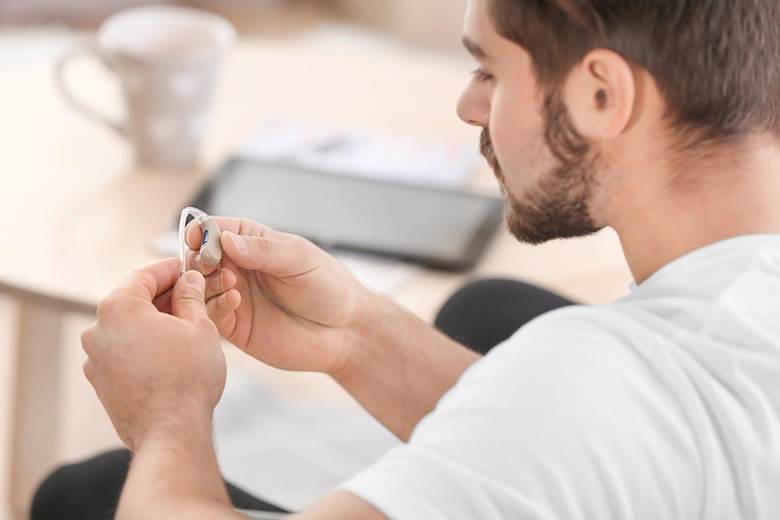Have you heard that 15% of adults in America have reported some trouble hearing? Hearing aids are marvelous devices that make it possible for people to communicate more easily. You can even engage with the world around you. With various hearing aid options available, you can find your ideal fit.
Like any technology, hearing aids can encounter problems over time, though. One of the most common issues is the need for adjustments. Read on for three subtle signs that indicate you might need a hearing aid adjustment.
1. Inconsistent Sound Quality:
Have you noticed that the sound quality from your hearing aids is not consistent? It might be time for an adjustment to your hearing device.
Hearing aids are programmed to amplify sounds according to your hearing loss and preferences. Changes in your hearing or the device itself can lead to uneven sound quality. You might find that some sounds are too loud while others remain hard to hear.
This can cause lots of frustration and difficulty in understanding conversations, especially in noisy environments. An adjustment from a professional can recalibrate your hearing aids to ensure a more even and comfortable listening experience. If you are not able to deal with this issue or you might need a replacement from an old aid, then you must spend more on hearing aids. This helps you avoid problems with sound quality with an old aid.
2. Distorted or Muffled Sounds:
Hearing aid problems can manifest as distorted or muffled sounds. Have you noticed that voices or other sounds are not as clear as they used to be, even after cleaning your aids? An adjustment might be necessary.
This issue could be caused by a buildup of wax or debris in the device’s microphone or speaker. A professional can clean and fine-tune these components.
They’ll restore the natural sound quality of your hearing. It’s important to address this problem promptly since prolonged exposure to distorted sounds could potentially affect your ability to comprehend speech over time.
While adjustments can often solve subtle hearing aid problems, there might be instances when repairs are necessary. If you notice physical damage to your hearing device, such as a cracked casing or malfunctioning buttons, it’s important to seek professional help. Attempting to fix the device yourself could lead to further complications.
3. Difficulty in Noisy Environments:
Hearing aids are supposed to work in a variety of settings, including noisy environments. If you’re experiencing increased difficulty understanding speech when there’s background noise, your aids might need an adjustment.
Modern hearing devices often come with advanced features that can reduce background noise and focus on speech. If these features aren’t performing as effectively as before, it could be a sign that your aids need fine-tuning.
An adjustment can optimize these noise-cancelling features. This makes it easier for you to engage in conversations even in bustling surroundings.
If your hearing aids stop working completely or experience frequent issues despite adjustments, it’s time to consult a hearing healthcare professional. They can diagnose the problem and advise you on whether aid repairs or a replacement is the best course of action.
Do You Need a Hearing Aid Adjustment?
Hearing aids are remarkable tools that can significantly improve your quality of life. It’s still important to recognize these signs that you need an aid adjustment. Be sure to chat with your doctor if you spot any of these signs.
Want to take better care of your ears and your overall wellness? Bookmark our blog for more insights.










